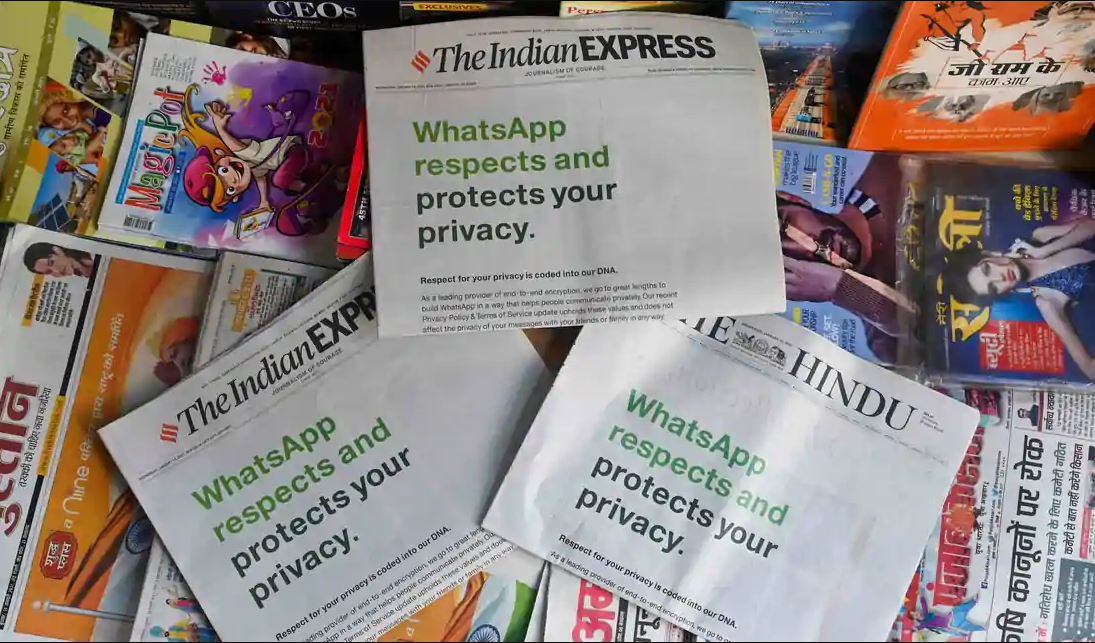WhatsApp’s new privacy policy popped on my screen a lazy morning a couple of weeks ago, spreading its black-on-white legalese. Unlike most people who groan at the idea of reading clauses when all they want to do is scroll through good morning messages, I was filled with a sense of joy and determined purpose.
(First published as a opinion piece in Mint Lounge, a business daily in India.)
The new WhatsApp policy was a perfect morning coffee read. Dry legal language tuned into a friendly voice made legalese accessible, and told you how WhatsApp had to, for your own good, “receive or collect some information to operate, provide, improve, understand, customize, support, and market” their services. The way corporate lawyers use the English language to confound, hide and protect their company’s interests is a lesson in the art of writing.
The policy’s friendly voice announced that WhatsApp would share your user information (name, email, phone number, IP address, device settings) with Facebook and its group of companies and reminded you that it was all so you could interact with businesses better. I shrugged. The company had to make its money. No one could offer you an encrypted chat platform for free for long.
Different Whatsapp policies for different countries
What struck me was that WhatsApp had come up with two policies—two different legal contracts for two regions of the world. One for European Union (EU) citizens and the other for non-EU ones. The two policies clearly pointed to the direction in which internet companies have been moving for the past few years, tailoring policies to reflect the boundaries of countries they operate in.
(Read: Is internet freedom dead?)
For citizens of the EU and Ireland, WhatsApp’s privacy policy gives them more control of their data. The contract that Indians and the rest of the world sign with WhatsApp LLC is legally based in the US, with special data control privileges for citizens of US and Canada. If you’re from the ‘rest of the world’—as India is with about 150 other countries—you have no legal jurisdiction over your data as a user of the service in your country.
Political affiliations and origin of the country also reflect in policy. For example, WhatsApp’s new policy states that the app will not be available to countries with US-sanctions. I checked with my Iranian friends and a lot of US services, including Apple’s iTunes, are not available to them.
(Continued in a second upcoming post, here)


One Reply to “Why WhatsApp policy is different for EU than for India”
Comments are closed.